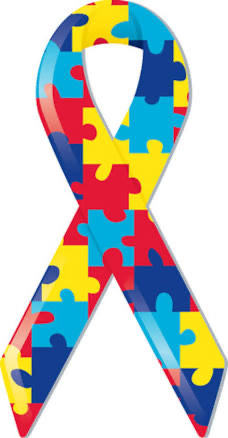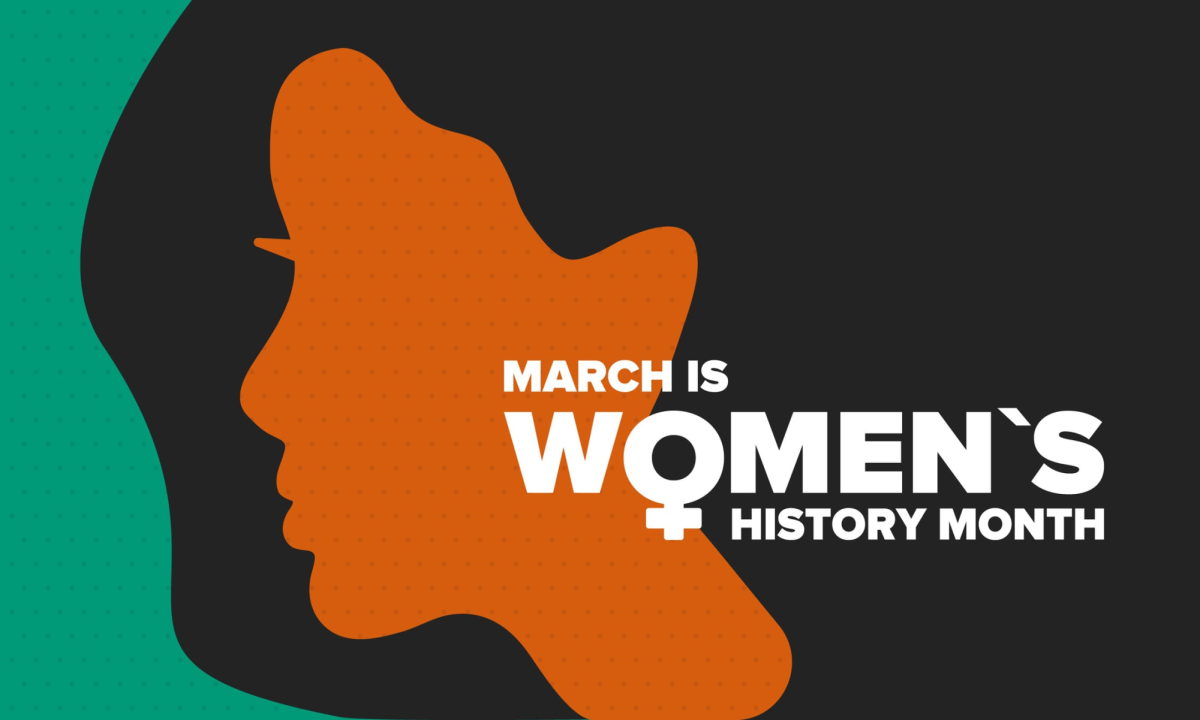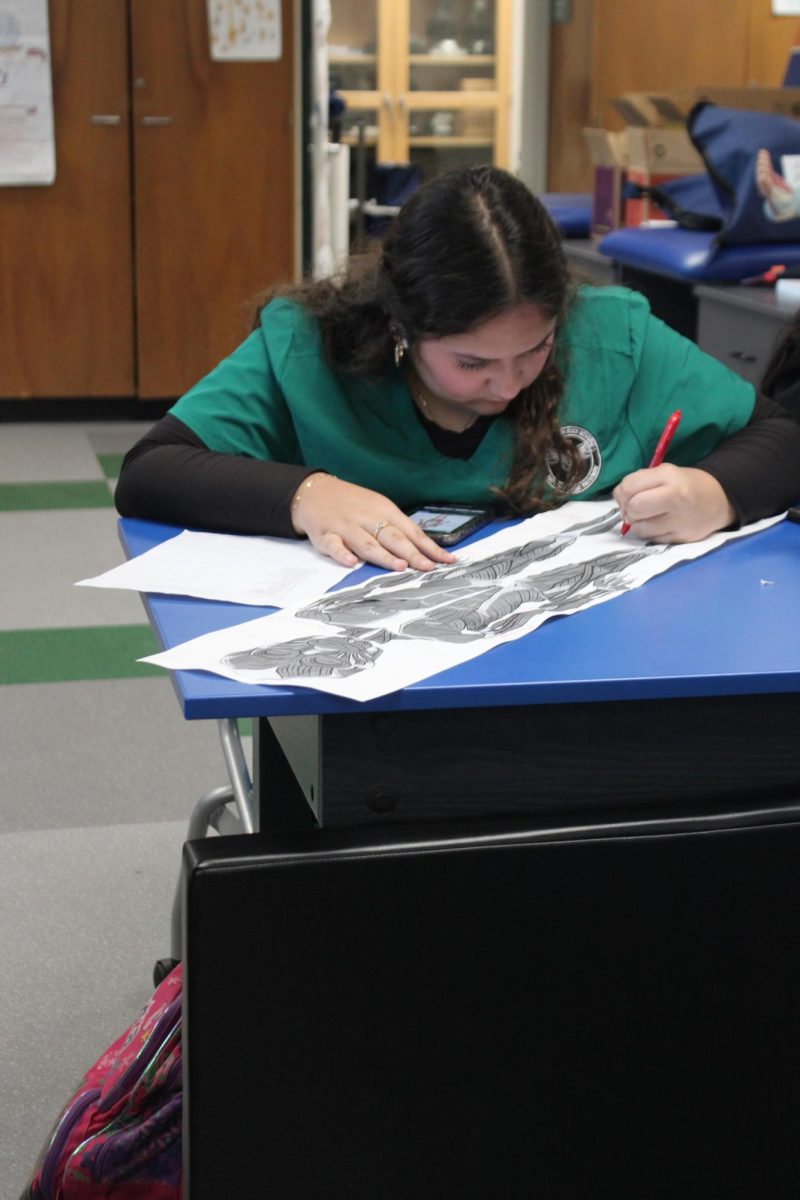Mental health is crucial for overall well-being, influencing daily life, relationships, and physical health. Prioritizing mental health fosters resilience, positive relationships, and productivity. Neglecting mental health can lead to decreased quality of life, strained relationships, and impaired cognitive function. By recognizing its importance, we encourage open conversations, seeking help, and self-care practices for a healthier, happier life.
Mind Over Matter
Accurate mental health representation in news media is crucial as it shapes public perception, influencing attitudes and beliefs. Inaccurate portrayals perpetuate harmful stereotypes, exacerbating stigma and discrimination. Responsible reporting promotes empathy, understanding, and inclusivity, encouraging help-seeking.
News media’s impact on mental health stigma is significant, affecting how individuals perceive and discuss mental illnesses. Accurate representation reduces misconceptions, fosters supportive environments, and promotes mental health awareness. By prioritizing accuracy, news media can contribute to a more informed and compassionate society.
Mental Health in Headlines
Recent news articles on mental health reveal both progress and pitfalls. Common themes include celebrity mental health disclosures, mental illness stigma and pandemic-related anxiety. However, biases persist, such as equating mental illness with violence or portraying mental health issues as individual failures.
Stereotypes abound, including overemphasis on extreme cases and overlooking everyday struggles. Many articles lack diverse perspectives, perpetuating dominant narratives. Some outlets prioritize sensationalism over accuracy, exacerbating stigma. Despite challenges, responsible reporting examples emerge, showcasing nuanced explorations of mental health complexities.
Mental Health Matters: How News Media Affects Teenagers
News media significantly influences teenagers’ perceptions of mental health, shaping their attitudes, beliefs, and understanding. Sensationalized or inaccurate reporting can perpetuate stigma, misinformation, and harmful stereotypes. Teenagers may internalize negative portrayals, reinforcing self-stigma or reluctance to seek help.
Conversely, responsible reporting promotes empathy, awareness, and help-seeking. Potential consequences include increased anxiety, decreased self-esteem, and reduced mental health discourse. Inaccurate representation may also lead to delayed or foregone treatment. Media literacy education can mitigate risks, empowering teenagers to critically evaluate mental health coverage.
The Media’s Mental Health Mirror: Accurate or Distorted?
News media’s portrayal of mental illnesses significantly impacts public perception. Depiction of depression often focuses on severity, overlooking everyday struggles. Anxiety is frequently trivialized or sensationalized. Schizophrenia representations perpetuate violent stereotypes.
Media often equates mental illness with weakness or danger. Overemphasis on extreme cases distorts reality. The lack of diverse perspectives limits understanding. Responsible reporting requires consulting mental health experts and showcasing nuanced portrayals. Accurate representation reduces stigma, promotes empathy, and encourages help-seeking. Media literacy education helps critically evaluate mental health coverage.
Breaking Down Barriers: Challenging Mental Health Stereotypes
News media can perpetuate harmful stereotypes through sensationalized reporting and inaccurate portrayals. Equating mental illness with violence or danger reinforces the stigma surrounding mental health issues. An overemphasis on extreme cases distorts the reality of mental health conditions. Responsible reporting promotes more nuanced portrayals of mental health. Consulting experts in the field ensures accuracy in coverage. Diverse representation humanizes individual experiences and helps to combat stereotypes.
Critical analysis in the media fosters empathy and understanding among audiences. Media literacy education empowers individuals to think critically about what they consume. Balanced reporting challenges misconceptions and promotes a more accurate understanding of mental health. Inclusive storytelling encourages compassion and sparks meaningful conversations about these important topics.
Overcoming Adversity: Inspirational Mental Health Stories
Uplifting stories of mental health recovery inspire hope and resilience. Stories of celebrities overcoming anxiety and depression encourage openness. Every day individuals share inspiring journeys of triumph over adversity. Recovery narratives highlight effective coping strategies and support systems. Mental health advocates champion inclusive representation, reducing stigma.
Personal stories challenge misconceptions, fostering empathy and understanding. Resilience tales showcase remarkable strength amidst struggles. Support groups are important for the safe spaces they provide. Therapy success stories motivate others to seek help. Overcoming trauma and mental health challenges inspires hope. Schizophrenia management stories promote understanding and acceptance. Self-care practices improve mental well-being and overall health. Hope-filled stories motivate individuals to prioritize mental health and seek support.
Social Media’s Role in Shaping Mental Health Narratives
Social media significantly influences mental health discussions, promoting awareness and community engagement. Platforms provide a space for sharing experiences and resources. Hashtag campaigns like #MentalHealthMatters foster global conversations. Influencers and celebrities share personal struggles, reducing stigma.
Online support groups offer safe spaces for connection. Social media challenges, such as #22PushUpChallenge, raise awareness. Mental health professionals leverage platforms for education and outreach. However, cyberbullying and comparison can negatively impact mental well-being. Balanced social media consumption is crucial. Social media’s impact on mental health discussions is multifaceted, requiring responsible engagement.
Mental health solutions focus on holistic wellness, accessibility and community support.
Solutions and Improvements:
| 1. Increased funding for mental health services expands access | 2. Online therapy platforms offer convenient support. | 3. Mindfulness programs promote stress management. | 4. School-based mental health education empowers youth. | 5. Workplace wellness initiatives prioritize employee mental health. |
| 6. Community support groups foster connection. | 7. Mental health apps provide resources and tracking tools. | 8. Telehealth services bridge geographical gaps. | 9. Trauma-informed care addresses underlying issues. | 10. Collaborative efforts between healthcare, education and government drive systemic change. |
Mindful Journalism: Best Practices for Mental Health Reporting
A Comprehensive Guide Introduction Reporting on mental health requires sensitivity, accuracy, and diverse perspectives.
By following best practices, journalists and media outlets can promote nuanced understanding, reduce stigma, and foster empathy.
Best Practices Pre-Reporting:
- Consult mental health experts and professionals.
- Research accurate information and statistics.
- Understand diverse perspectives and experiences.
Reporting Principles:
- Avoid sensationalism and stigma.
- Use respectful language and terminology.
- Focus on recovery and resilience.
- Highlight resources and support services.
Representation:
- Showcase diverse stories and experiences.
- Avoid stereotypes and misconceptions.
- Include expert insights and analysis.
Safety:
- Avoid triggering content.
- Provide warning labels for sensitive topics.
- Offer resources for crisis support.
- Partner with mental health organizations for accurate representation.
The Importance of Diverse Perspectives Why Diverse Perspectives Matter:
- Represents varied experiences and voices.
- Challenges stereotypes and stigmas.
- Provides nuanced understanding.
Types of Diverse Perspectives:
- Lived experiences: Individuals with mental health conditions.
- Cultural perspectives: Diverse racial, ethnic, and socioeconomic backgrounds.
- Professional insights: Mental health experts, researchers, and advocates.
Benefits of Diverse Perspectives
- Increases empathy and understanding.
- Encourages inclusive discussions.
- Fosters nuanced and accurate reporting.
- Supports comprehensive mental health coverage.
You Have a Voice: Encouraging Audience Participation
Engaging audiences in mental health discussions is crucial for promoting awareness, reducing stigma, and fostering supportive communities. Effective strategies include leveraging social media platforms, podcasts, and online forums to share personal stories, expert insights, and resources. Influencers, content creators, and mental health advocates can collaborate to produce engaging content, such as videos, blogs, and podcasts. Interactive events like workshops, webinars, and panel discussions provide opportunities for audience participation and connection.
Storytelling is a powerful tool for sparking meaningful conversations. Sharing relatable experiences, highlighting diverse perspectives, and exploring real-life scenarios help audiences connect emotionally. Gamification, quizzes, and interactive challenges can increase engagement and encourage sharing. Collaborations between mental health professionals, artists, and media outlets can produce impactful content. By utilizing diverse formats and platforms, we can create inclusive spaces for mental health discussions, promoting empathy, understanding, and support.
Be the Change: How Youth Can Improve Mental Health Representation”
You have the power to shape the conversation around mental health! As a high schooler, your unique perspective and voice can inspire positive change. Whether through writing, art, or advocacy, you can help break down stigmas and promote understanding. Join or start a mental health club, participate in awareness campaigns, or simply share your story with a friend or family member. Your actions can create a ripple effect, fostering a supportive community.
Your generation is already making waves in mental health awareness! Keep shining a light on real-life experiences, amplifying diverse voices, and promoting inclusivity. Collaborate with peers, educators, and mental health professionals to ensure accurate messaging. Remember, every conversation, post, or creative expression contributes to a more empathetic and supportive world. Embrace your influence and continue driving positive change!
Specialist in BPHS
We had the opportunity to speak with Samantha McCann, a specialist in mental health at BPHS. We started the interview by asking her about the concept of mental health. She responded, “I think mental health is about taking care of your mind and emotions, being aware of how you’re feeling day to day. Whether you’re having a bad day or a good day, it’s important to recognize that and take steps to take care of yourself.”
Samantha also discussed the symptoms students might experience if they are not maintaining stable mental health. Some of these symptoms include feeling angry all the time, increased irritability, frequent crying, or feeling persistently down. She mentioned that students may experience drastic changes in their emotions, feeling content one minute and then overwhelmed the next.
To help improve their mental health, students can participate in various activities available at Coyote Corner, such as wellness workshops, painting, art journaling, and using fidget toys like pop-its. Additionally, Coyote Corner provides yoga mats and other resources designed to encourage movement and distract from negative feelings.
Samantha’s interest in mental health stemmed from her own struggles with it. She shared, “Recognizing that school is stressful for many people, I wanted to make it easier for students and let them know that there is someone here who cares about their mental health and that they’re not alone in their concerns.” Students seeking support can visit Coyote Corner to talk to a mental health specialist or their counselors.












































